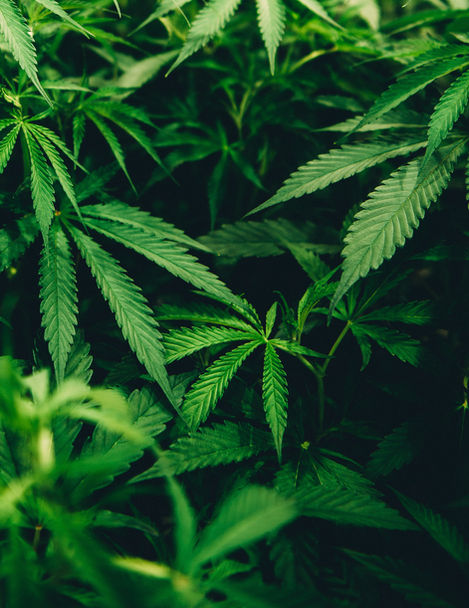top of page
Traditional Filters
Traditional cigarette filters are composed of cellulose-acetate, a type of plastic that can require more than 10 years to decompose. This extended decomposition period leads to a multitude of adverse environmental and general implications.

Cigarette Filters: A Global Litter Crisis
In 2024 over 6 trillion cigarettes will be manufactured. 75% or 4.5 trillion of these cigarettes will be casually tossed aside in our parks, in front of our schools, and in our streets. To put this into perspective, consider the vastness of our galaxy. There is estimated to be around 100 billion stars in the Milky Way, meaning the number of discarded filters is approximately 45 times greater than the total number of stars in our galaxy.

Contamination and Health Risks
A single cigarette butt can contaminate up to 1000 liters of water. Animals often ingest these butts, leading to severe health issues. Microplastics, released from these filters, have been found to damage human cells and can latch onto the outer membranes of red blood cells, potentially limiting their ability to transport oxygen.

Microplastic Pollution and Its Consequences
Cigarette butts are a major source of microplastic pollution. These tiny particles, harmful to both wildlife and humans, can contaminate waterways, disrupt ecosystems, and even end up in our bodies. In one study scientists found microplastic pollution in the blood of nearly 80% of people tested, and the average US adult is estimated to consume up to 50,000 microplastic particles annually.

Financial Burden of Litter Cleanup
The financial cost of cleaning up cigarette litter is staggering. In the United States alone, more than $11.5 billion is spent annually on litter cleanup, with cigarette filters comprising 20-30% of the total litter.

Non-Biodegradable Waste: A Persistent Problem
Cigarette filters are primarily made from non-biodegradable cellulose acetate. While ultraviolet rays from the sun break them into smaller pieces, the toxic material never disappears. Estimates on decomposition time vary, with recent studies indicating only 38% decomposition after two years. Generally, it takes 18 months to 10 years for a filter to decompose, during which it releases harmful substances into the environment.

The Promise of Hemp-Based Solutions
Hemp absorbs more CO2 per acre than any other agricultural crop and uses 20% less water compared to cotton. It also requires no herbicides due to its rapid growth rate. Hemp-based bioplastics, which biodegrade within six months to a year, offer a greener alternative to traditional plastics. They emit fewer greenhouse gases and require less energy to produce, making them an environmentally friendly option.

Financial Burden of Litter Cleanup
In California, public agencies spend over $41 million each year specifically on litter cleanup. This significant expenditure highlights the economic burden placed on taxpayers due to cigarette filter pollution.

Microplastic Pollution
Every smoked cigarette filter contains approximately 15,000 strands of microplastic fibers. These microplastics are a significant source of plastic pollution, contaminating our oceans and waterways.
bottom of page